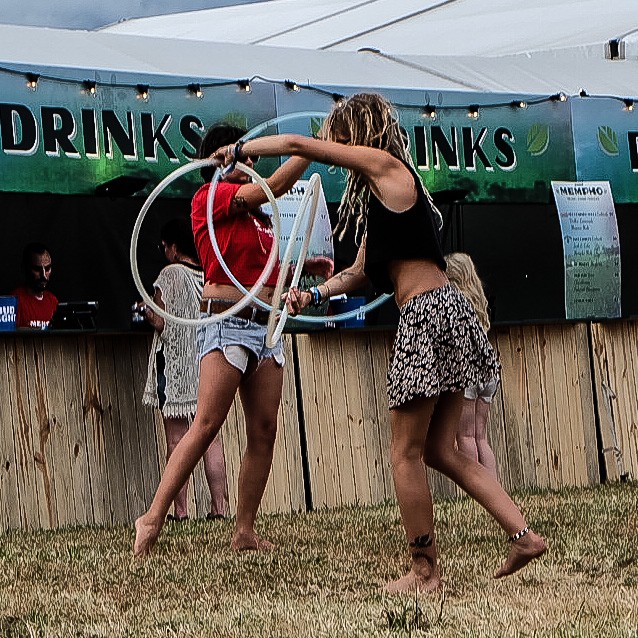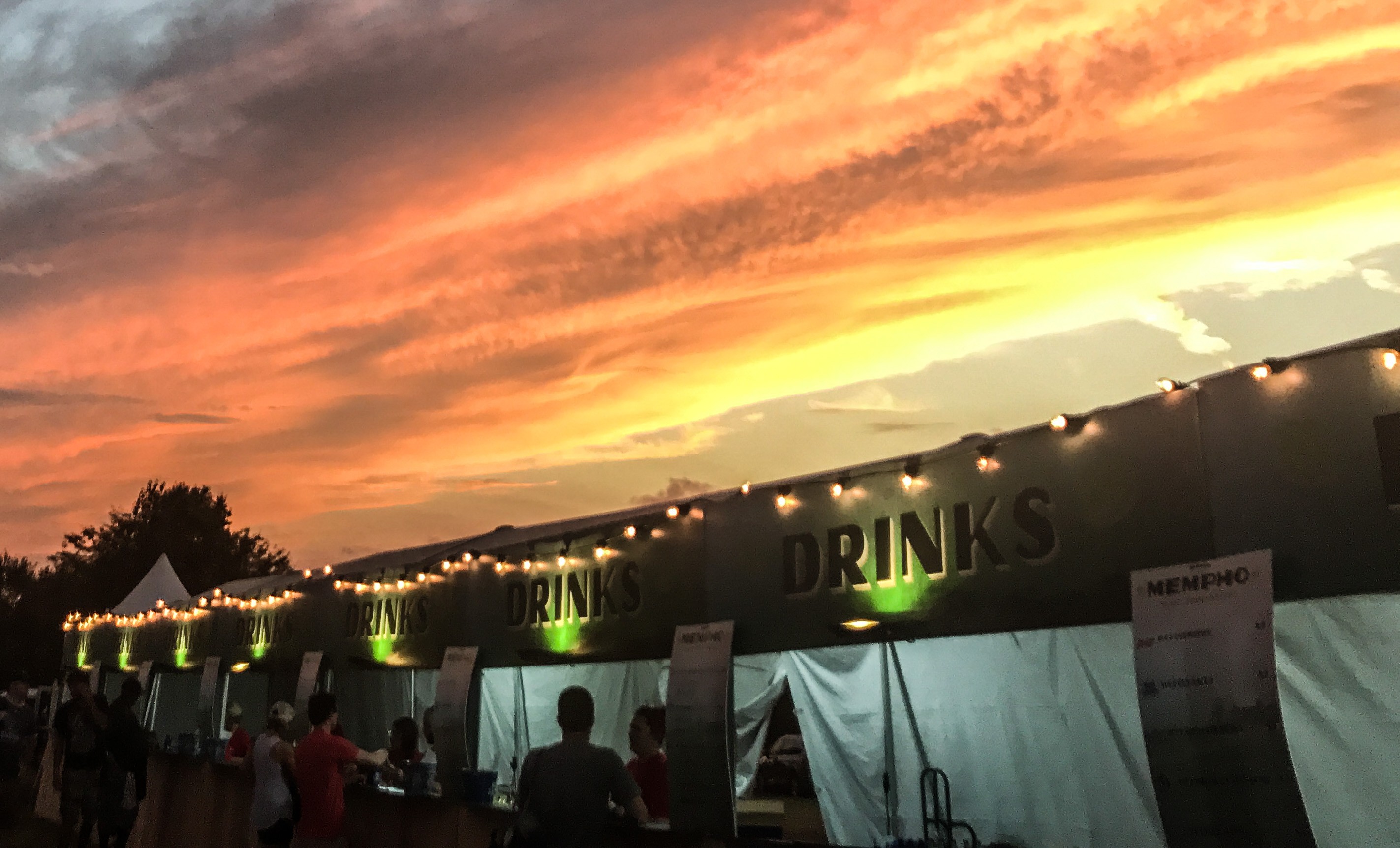Dr. Charles L. Hughes, music historian and director of the Lynne & Henry Turley Memphis Center at Rhodes College, vividly recalls when he first interviewed Jason Isbell. “It was during his first solo tour. This is when I was living in Madison, Wisconsin, going to grad school, and I was doing some some work for the alternative weekly newspaper there. That was back in 2007, right at the beginning. He was really thoughtful and articulate then and I’ve talked to him a few times over the years. He’s so good at articulating his own work and how he fits into to the rest of the world around him.”
That wasn’t just a one-off opportunity. Indeed, Hughes has followed Isbell’s solo work closely ever since, and last year he wrote the liner notes for the deluxe ten-year anniversary reissue of Isbell’s album Southeastern. Hughes, who’s best known for his thorough and thoughtful history Country Soul: Making Music and Making Race in the American South, dives deeply into the music he loves and Isbell’s work is no exception.
At 6 p.m. on Wednesday, February 7th, Hughes will be speaking with Isbell at Rhodes College’s McNeill Concert Hall. (The event is free, but registration is required). As the program materials put it, “Isbell also has become a crucial voice for change within the music industry and, beyond addressing the challenges of the past and present in his music, champions the voices of BIPOC and queer musicians in Americana and country music, participating in campaigns for LGBTQ+ equality, reproductive rights, voter registration, and racial justice.” That is a lot of territory to cover, so I spoke with Dr. Hughes recently to get a better idea of where his chat with Isbell might roam.
Memphis Flyer: Jason Isbell is especially adept at telling stories that express deep issues in our culture or even in our moral universe, yet he’s determined to steer away from the usual cliches and say something fresh in his songs. I imagine that his conversations have that same quality.
Dr. Charles Hughes: I think that’s really true. And I think part of that is his skill as a songwriter and how he draws a lot from literature and other things. And he’s always been very open about how much he tries to think of his work in that frame as well. It’s also about how he thinks about the world and where the world is. He’s become one of the most consistent voices both in his music and in the work he does, particularly in this kind of musical space. I think he’s someone who really offers a great model of how to be a musician in the world, and quite frankly, how to be a white guy doing music in this moment. And he’s very good about trying to avoid hero worship, but it’s very justifiable to look at him as a role model for how to try to interact with the world when you have the privilege that he has. And you hear that in the music, too. It’s great to hear him talk about his songs because of the thought and also the work that goes into his process, and he’s so good at talking about that. It’s so important, I think, for people to hear that because it’s easy to forget just how hard the work is. And he’s really committed to making that process transparent.

Do you have specific songs of his in mind that you hope to discuss?
It’s hard to kind of narrow down, but that’s a really great question. One of the songs that, to me, really marks this crucial moment for him in terms of how he thinks about the world is the song “White Man’s World,” where he’s very much trying to kind of consider his own place within a history and the present moment, and trying to confront it and reckon with it.
On the new album, there’s a song called, called “King of Oklahoma,” which is very much in his kind of story song tradition, drawing very much on a single character, but he’s also talking about work, he’s talking about poverty, he’s talking about crime, he’s talking about addiction. He’s talking about all of these things. Yet it’s very place-based, and he’s always thinking about those things. So that’s another one.
But man, I mean, there are so many! I’ve always wanted to talk with him about a song he wrote way back for the Drive-By Truckers called “The Day John Henry Died,” which is this amazing song about work and life and history. And of course, I’m a historian, so a song like “TVA” — just on a personal level, I connect with it so much.
My granddaddy told me, when he was just seven or so
His daddy lost work and they didn’t have a row to hoe
Got a little to eat for nine boys and three girls
They all lived in a tent, bunch of sharecroppers versus the world
So his mama sat down, wrote a letter to FDR
And a couple days later some county men came in a car
They rode out in the field, told his daddy to put down the plow
He helped build the dam that gave power to most of the South.
– from “TVA” by Jason Isbell
Isbell is known for these trenchant, penetrating views across the cultural divide, and expressing that broad historical view, and yet some have noted that last year’s biographical film, Running With Our Eyes Closed, focuses so much on his marriage and seems quite removed from this more ‘cultural commentator’ role he takes on. What do you think of the tension between those two poles?
I don’t think it’s a tension. I think it’s true to who he is as an artist, but also because he is always centered on his work, especially since he got sober. That’s what Southeastern is all about. I keep bringing it back to work, but he’s always been centered on the idea that love takes work, and being a better person, in relationships to other people or whatever, takes work. Making better worlds takes work. Work is an important part of life. So I’ve always found those sides of him, in a sense, to be quite linked.
And also, one of the things that you hear on his stuff that might seem less overtly political, is the overarching spirit of not just empathy, but a real attempt to kind of understand what makes people do what they do and how people have to survive. For example, songs that are talking about personal struggles or one’s relationship to death. He writes a lot about the relationship of the living and the dead. And I hear the same kind of reckonings and the same kind of meditations through all that work.
And I think the other thing too, to be quite honest, is that it’s really a trap for any musician who offers those kinds of songs that are cultural commentaries to then be thought of as that person. And I think that one of the things that has been really valuable about him is that even in moments when he doesn’t make a political record or doesn’t foreground that stuff, he’s still speaking out. He’s still bringing people on tour with him to talk about how to make space for Black voices and LGBTQ voices in country and Americana music. And he’s showing up at rallies, he’s doing these other things. And I think that is a kind of a useful skill because it reminds us what he thinks, even if he’s not telling us with every record.
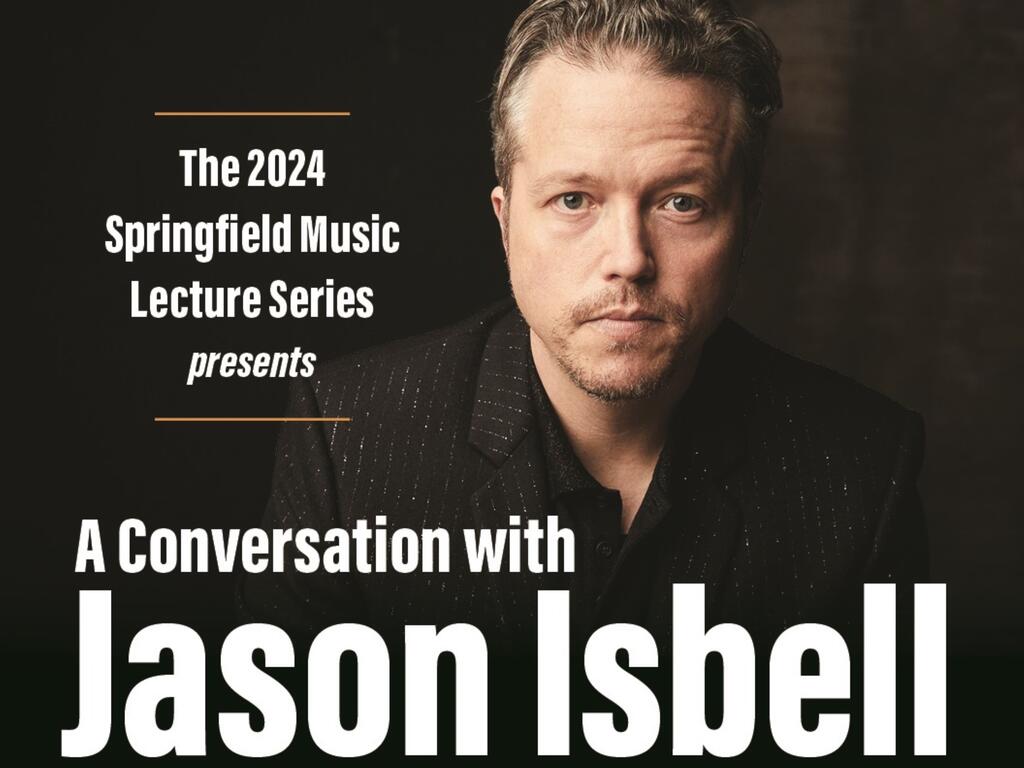
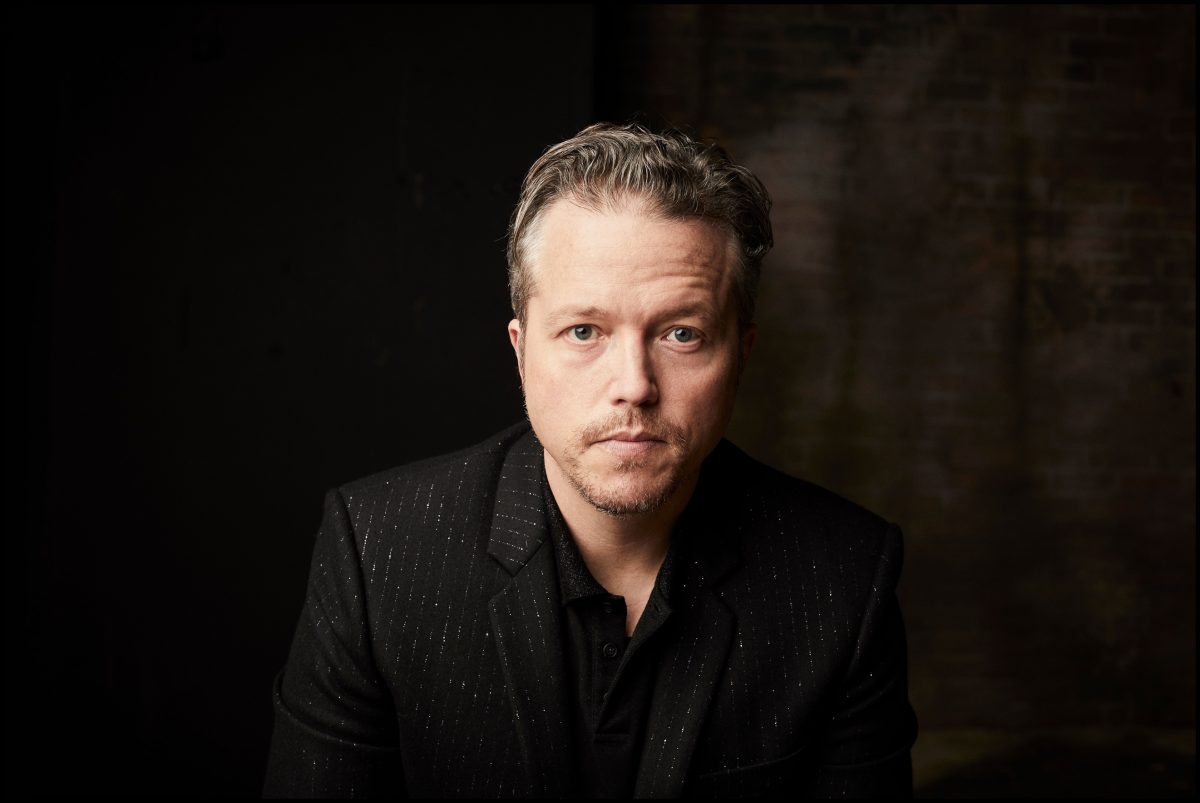
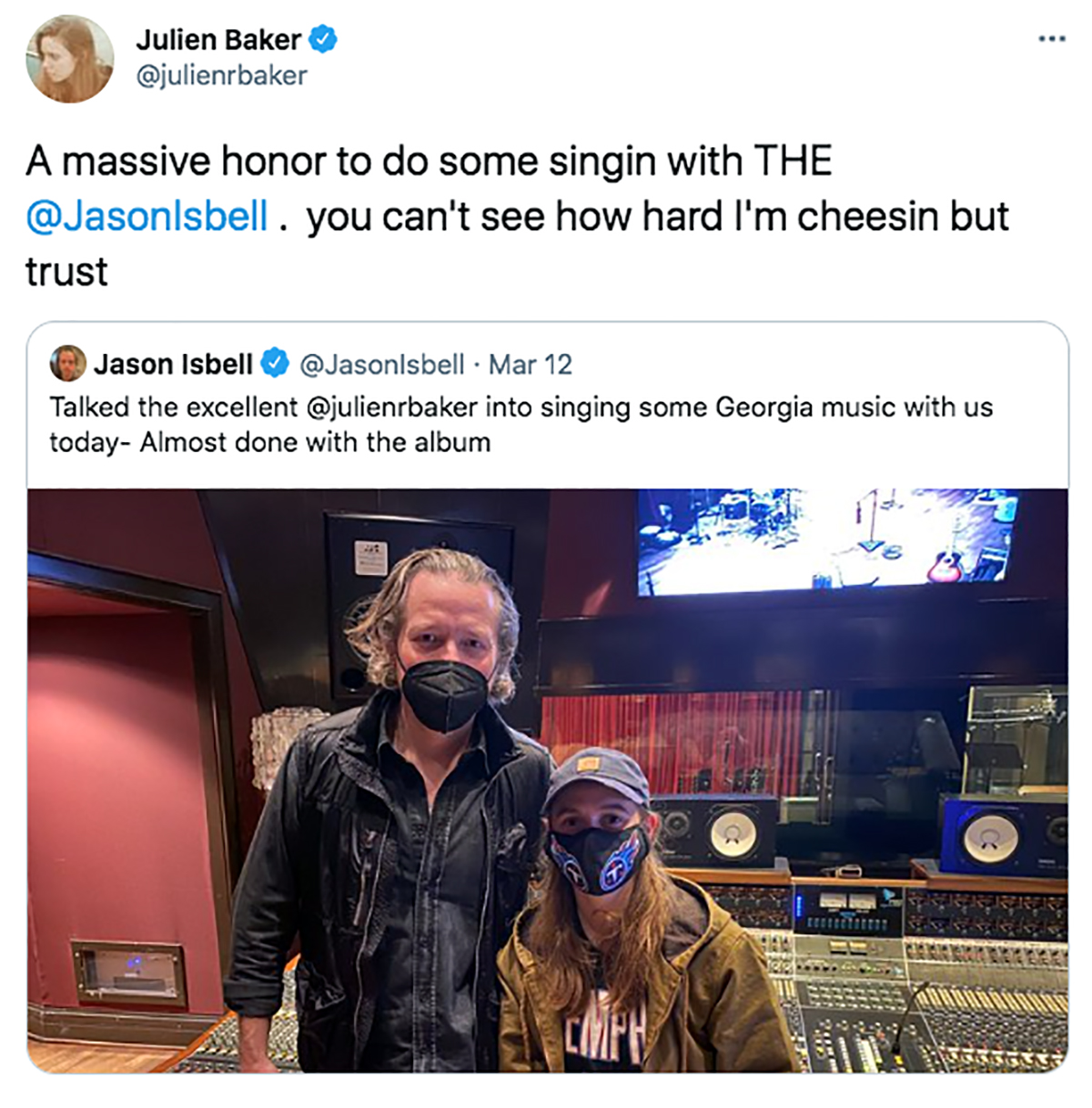



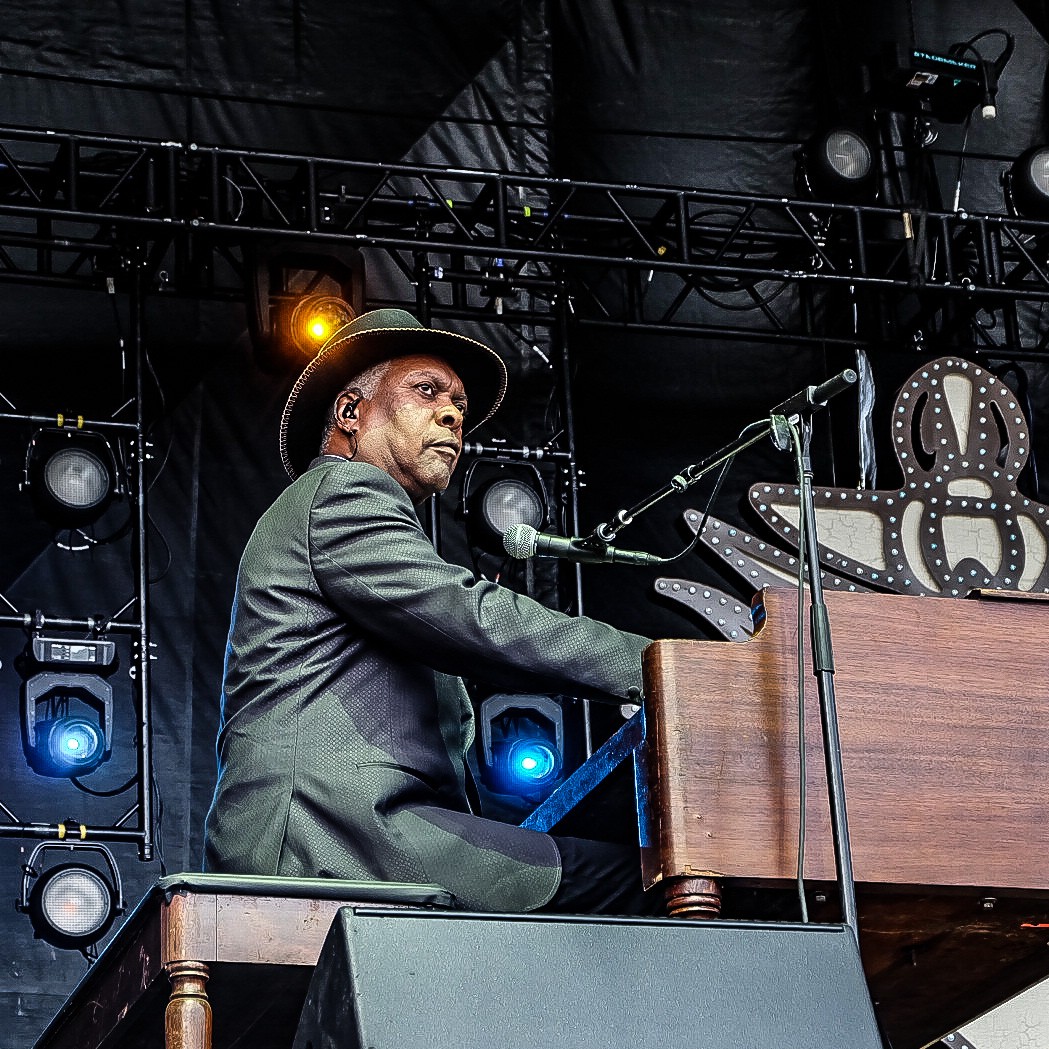 Jon W. Sparks
Jon W. Sparks 
